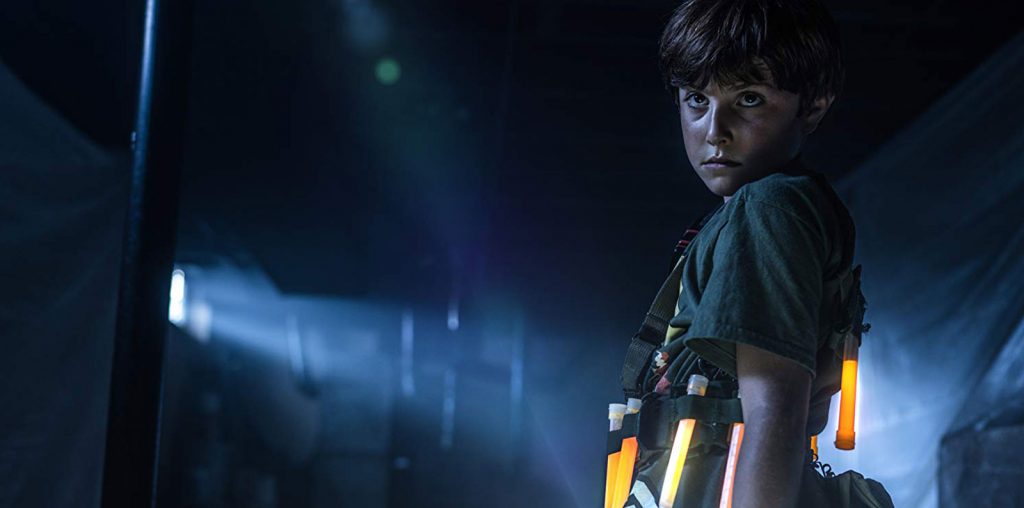
Now that the various award voting bodies have whittled the past year’s releases into a manageable list of nominees, it might be enlightening to compare briefly two films which, perhaps, have the most in common: About Schmidt and “The Hours.”
Of 2002’s most critically praised pictures, these, after all, are the two which most fairly may be said to offer meditations on the meaning of life. Where the former proved little more than a sitcom dressed up as an art film, however, the latter proved that cheerless, existentially unflinching literature can provide the basis for exhilarating cinema.
Director Stephen (“Billy Elliot”) Daldry’s big screen version of Michael Cunningham’s Pulitzer Prize-winning book interweaves the lives of three groups of people living during three different historical periods and linked by mortal crisis.
The film begins with a haunting sequence in which an unrecognizable Nicole Kidman as Virginia Woolf loads a heavy stone into her coat pocket, descends into the river rushing past her Sussex home, drowns and is carried downstream by its current. This, of course, is meatier stuff than most movies deal with in the course of their entire running time and, at this point, the opening credits for “The Hours” haven’t even come up yet.
After they do, we find ourselves flashing back several years to a time in her life when Woolf had survived a serious mental breakdown and was about to embark on the writing of her classic novel Mrs. Dalloway in which she envisioned capturing “a woman’s whole life in a single day.”
A number of the novel’s themes resonate in the lives of characters played by Julianne Moore, Meryl Streep and Ed Harris. Moore’s a 50s housewife marooned in a marriage to which she fears she may prefer death. Streep’s lives in present day Manhattan and is preparing to throw a party for an ex-lover who is dying of AIDS. Harris is spectral in the role. A prizewinning poet, he fears his work has been honored not because it is great but because he is terminally ill. He calls Streep by the sobriquet Mrs. Dalloway for the social confidence he senses belies her deep self doubt.
In the course of the picture, each of its central figures plays out his or her drama and comes to a personal reckoning as to whether the life they lead is worth continuing. Like Woolf’s book, the whole thing takes place in a single 24-hour period and proves an elegantly structured, profoundly observed achievement.
The script by David Hare is a wonderful bit of writing. Philip Glass’ score has come under fire but impressed me as both innately lovely and entirely suitable to the movie’s tone. Daldry’s direction is flawless and some of Hollywood’s finest performers do some of their very finest work. Back in 1990, watching her meet Tom in Days of Thunder, who would have guessed that little over a decade later Kidman would be playing one of the 20th century’s most influential authors and not just pulling it off but earning an Oscar nod for her trouble?
The film and Kidman’s work in it handily rank as two of the past year’s most pleasant surprises. It’s a bummer, a downer, in places nothing short of depressing and bleak and yet “The Hours” is so exquisitely conceived and brutally truthful that there’s a chilly thrill to going through it. “…to look life in the face,” the actress quotes at the film’s close, “and to know it for what it is. At last, to know it, to love it for what it is and then to put it away.”
Life may or may not be everything it’s cracked up to be. This movie most definitely is.

